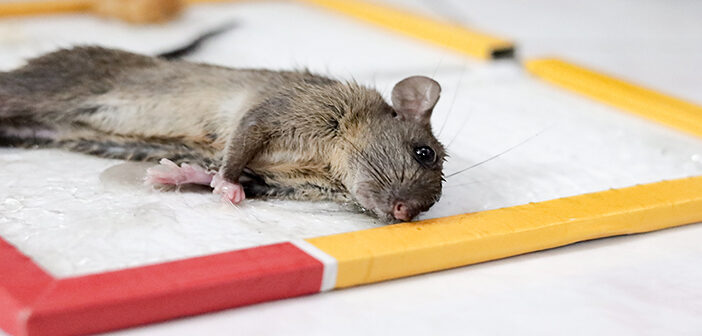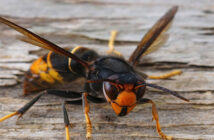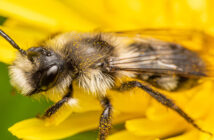BPCA has written an open letter to the Secretary of State for Environment, Food and Rural Affairs, Steve Reed MP, outlining how the glue trap licensing scheme in England has failed.
The letter, from BPCA president Chris Cagienard, said that the Glue Traps (Offences) Act 2022 was intended to protect animal welfare by restricting the use of glue traps to licensed professionals.
“However, due to a lack of enforcement, public awareness, and a failure to ban sales, the Act is not achieving its goal,” Mr Cagienard said.
“Instead, it has placed unnecessary restrictions on pest professionals while allowing unregulated and inhumane use to continue. Since the Act came into force, there has been no serious attempt to educate the public or retailers on the new restrictions.”
Mr Cagienard referenced a December 2024 Freedom of Information request, which revealed that the Metropolitan Police have received no training on enforcing the ban.
“If the authorities responsible for enforcement are unaware of their role, how can the law be expected to work,” Mr Cagienard said.
“The failure to ban the sale of glue traps exacerbates the issue. While qualified professionals have all but ceased using glue traps due to the licensing requirements, amateurs can still purchase them online or in shops without oversight; the result is an increase in unregulated, inhumane use – precisely what the Act was meant to prevent.”
BPCA recently surveyed its members and found that 40% of professionals had encountered illegal glue trap use by amateurs.
“Yet Natural England has taken no visible enforcement action,” Mr Cagienard said.
“Ironically, if pest professionals report illegal use, they risk losing clients to untrained individuals who can simply purchase traps online and attempt pest control themselves. The Act has, in effect, punished compliance while allowing non-compliance to flourish.
“Additionally, the licensing scheme must be revised to make it more practical and affordable for professionals. The current requirements are prohibitively expensive.”
In the open letter, Mr Cagienard suggested that through obtaining a licence and completing a training course, pest professionals should be trusted to carry out the work humanely.
“Without a level of trust in professionals, unqualified businesses and homeowners will throw traps down themselves and are unlikely to use them humanely,” he said.
“Therefore, we ask you, Defra and Natural England, to take the following steps:
- Ban the sale of glue traps – preventing amateur use is the most effective way to ensure animal welfare and eliminate illegal deployment;
- Launch an immediate public awareness campaign – inform retailers and the wider public about the ban and the legal consequences of using glue traps without a licence;
- Strengthen enforcement efforts – allocate resources to actively monitor and penalise illegal glue trap use, ensuring the Act is upheld effectively;
- Expand the professional licence – allow for broader use among trained professionals to ensure humane and controlled application when necessary; and
- Revise the licensing scheme to be more affordable – reduce the requirements of the licensing scheme to make compliance affordable to clients who need them for public health reasons.”
Mr Cagienard continued: “Without urgent action, the Glue Traps (Offences) Act 2022 will remain ineffective, punishing compliance rather than addressing the root issue of animal welfare.
“I look forward to your response on how Defra and Natural England intend to rectify these critical failings.”




